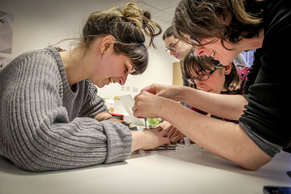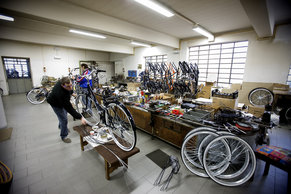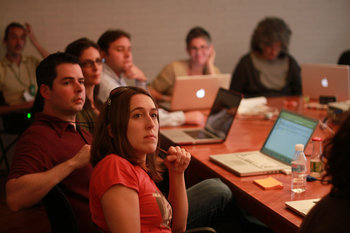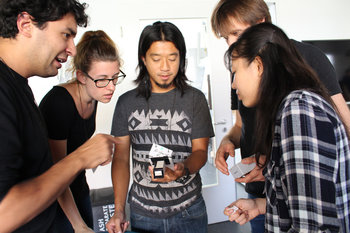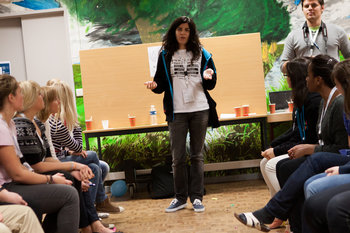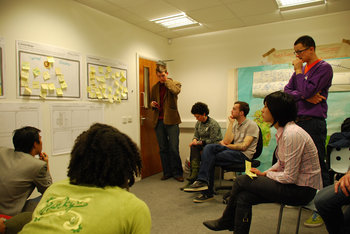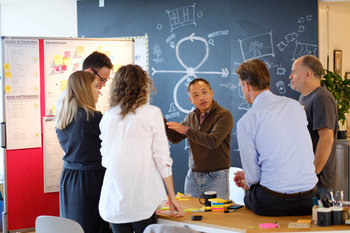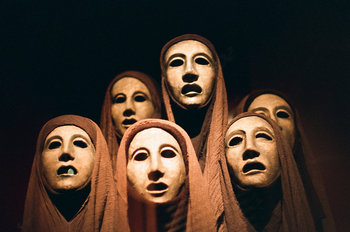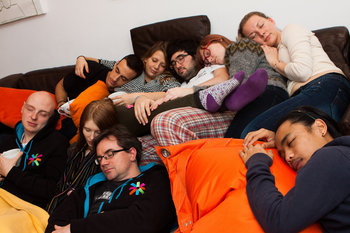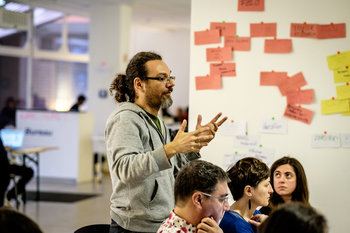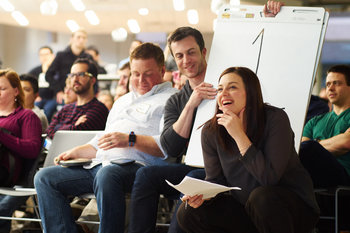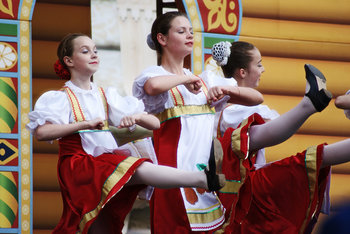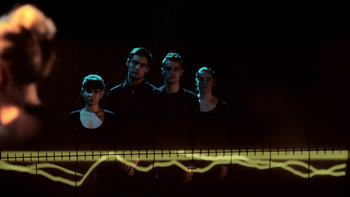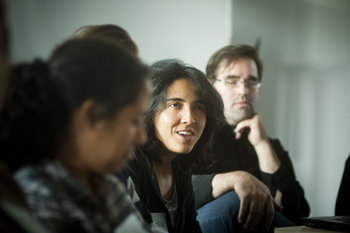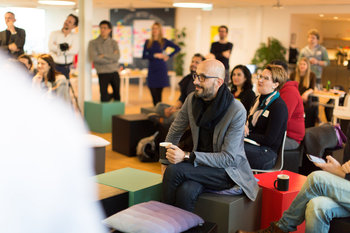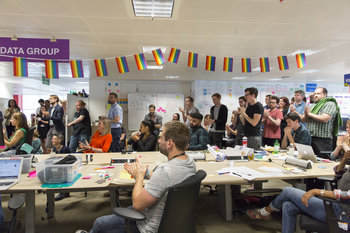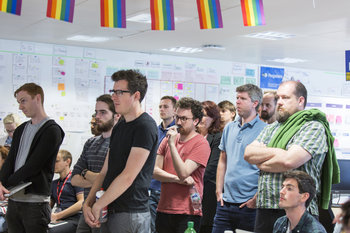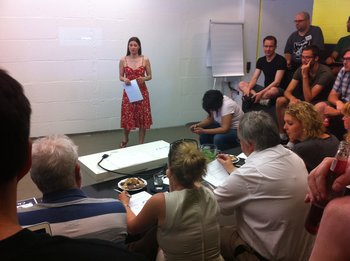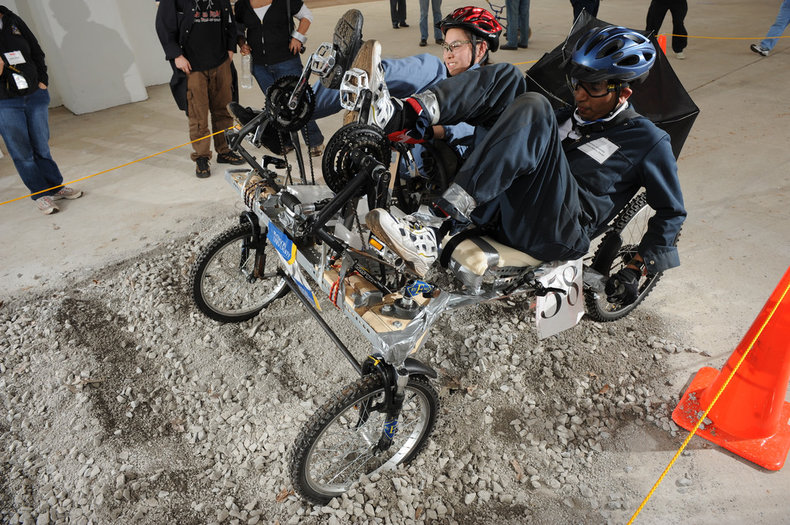
Division of Labor
The first advantage of teams is that you can divide work to accomplish large tasks and handle significant business volumes. For example, a large software development team might produce software with millions of lines of code in a matter of months by breaking work into components and services.Specialization
Teamwork allows for specialization whereby individuals in a team have unique skill sets that allow the team to tackle complexity. For example, a software development team with specialists in areas such as information security, software design, information architecture and user experience design.Intellectual Diversity
People who think differently allow a strategy, problem, decision or design to incorporate diverse ideas. This also allows ideas to be challenged, vetted and improved. For example, a cross-functional team that includes people from marketing, operations and technology with a range of personalities, experiences and backgrounds may be more creative than a team of technologists with a similar way of thinking.Collaboration
Working together on the same work product in order to improve quality or efficiency. For example, a software developer and business unit representative who directly work together to produce a tool. This may reduce the overhead of developing formal requirements and orchestrating a project.Brainstorming
The process of freely offering ideas without validation or criticism to allow creative ideas to surface. This benefits from the diverse perspectives of team members.Consensus Building
Agreeing on things as a team. This doesn't necessarily improve the quality of your outputs but is often necessary to get people moving in the same direction with enthusiasm. In other words, consulting team members about major decisions and work outputs helps to build unity of team identity and purpose.Creative Tension
Creative tension is the idea that disagreement can create more creative outcomes. In other words, team members that always agree with each other may be significantly less creative than teams where passionate disagreements are common.Internal Competition
Competition between members of a team may improve productivity and work quality. If a team has one technology person, that person may be overly confident in their advice and rarely challenged. If a team has five technology people, they may challenge each other's work such that each member needs to improve or face criticism.Self-Organizing Team
A self-organizing team is a situation where a team has freedom to meet objectives without burdensome controls, management and administration overheads. One of the problems of teamwork is that it can become overly political, administrative and rigid. Self-organizing teams are a way to focus on objectives without too much overhead.Knowledge Sharing
A clear benefit of teamwork is that people can learn from each other. Time spent working with talented individuals tends to make you talented yourself.Peer Review
Improving the quality of work by having team members review each other's outputs.Social Processes
Teamwork is a social process that can either motivate or demotivate individuals. Intensive office politics will cause some individuals stress such that they may become disengaged. Team spirit and the social status that can come from working in a team such as respect for hard work and results can motivate individuals.Groupthink
Teamwork runs the risk that outputs and decisions will be low quality due to the impact of social processes on work. For example, an intensely political environment may discourage individuals from taking risk such as offering brave ideas that could be criticized. Likewise, processes of consensus often reflect compromises such that they may produce poor designs and decisions.| Overview: Teamwork | ||
Type | ||
Definition | Common effort towards shared goals. | |
Related Concepts | ||

